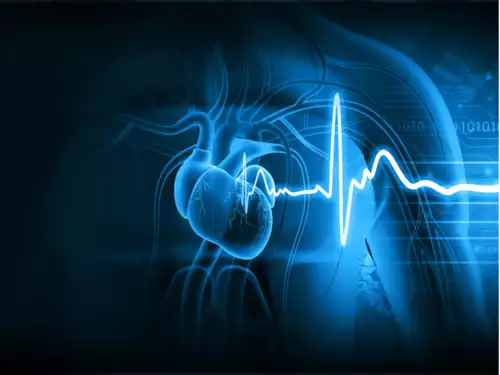Most young adults believe they’re invincible, shrugging off concerns about health issues, especially heart health. After all, heart disease is often thought of as a concern for the elderly. But surprisingly, numerous factors in a young person’s lifestyle can negatively impact their heart health. Here we uncover five often overlooked contributors to cardiovascular disease in seemingly healthy, young adults.
1. Stress: The Unseen Enemy
Stress is an inevitable part of life, especially in this fast-paced digital age. Chronic stress, however, can have significant adverse effects on the heart. It can lead to high blood pressure and increase the risk of heart disease and stroke. Stress can also lead to unhealthy coping mechanisms like overeating, smoking, or alcohol abuse, further endangering heart health.
2. Physical Inactivity: The Silent Killer
Regular exercise is a non-negotiable aspect of heart health, and physical inactivity is a significant risk factor for heart disease. The American Heart Association recommends at least 150 minutes of moderate aerobic activity or 75 minutes of vigorous aerobic activity per week, but many young people fail to meet these standards. Regular physical activity strengthens the heart, reduces blood pressure, and helps maintain a healthy weight.
3. Unhealthy Diet: The Delicious Trap
In the age of fast food and convenience, unhealthy dietary choices are more prevalent than ever. Diets high in saturated fats, trans fats, and cholesterol can raise blood cholesterol levels, leading to heart disease. Similarly, diets high in salt can contribute to increased blood pressure. Young people need to balance their diets with plenty of fruits, vegetables, whole grains, lean proteins, and healthy fats.
4. Alcohol Consumption: The Double-Edged Sword
While moderate alcohol consumption may have some health benefits, excessive drinking can lead to high blood pressure, heart failure, stroke, and other health problems. It can also contribute to high triglycerides, irregular heartbeat, and obesity, all of which can lead to heart disease.
5. Smoking: The Invisible Fire
While the dangers of smoking are well-documented, it remains a widespread problem among young adults. Smoking damages the lining of the arteries, leading to a buildup of fatty material which narrows the artery. This can cause angina, a heart attack, or a stroke. The chemicals in tobacco smoke can also reduce the amount of oxygen in the blood, forcing your heart to work harder and increasing the risk of blood clots.












